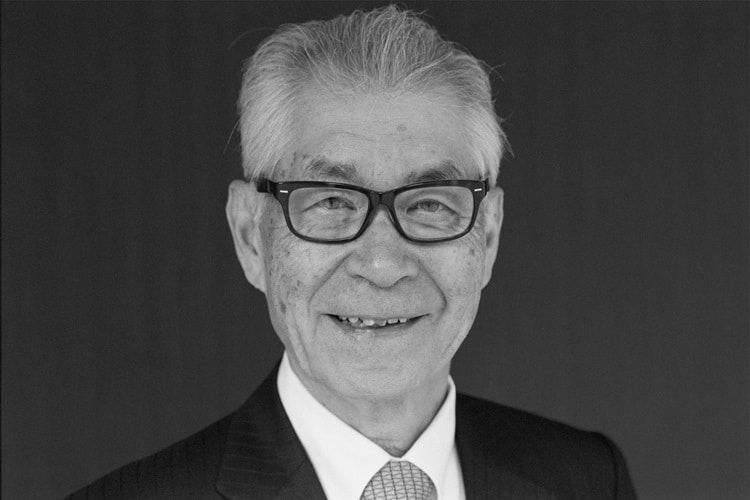Tasuku Honjo is a Japanese immunologist. He was awarded the Nobel Prize in Physiology or Medicine.
Life and Career
Tasuku Honjo was on 27 January 1942 (age 81 years), in Kyoto, Kyoto, Japan.
Tasuku Honjo received his Bachelor of Medicine degree in 1966 from the Faculty of Medicine at Kyoto University. He later earned his Ph.D. in Medical Chemistry in 1975 from the same university. His educational background laid the foundation for his future research in immunology.
Honjo’s career has been characterized by groundbreaking research in immunology, focusing on understanding the molecular mechanisms that regulate the immune system. He has held various academic positions, including professorships at Osaka University and the Kyoto University Faculty of Medicine.
One of his most notable contributions to science came in the field of cancer research. In the 1990s, Honjo and his research team discovered a protein receptor known as PD-1 (Programmed Cell Death Protein 1). This discovery was crucial in understanding how the immune system can be manipulated to fight cancer. His work paved the way for the development of immune checkpoint therapy, a revolutionary approach to cancer treatment.
Honjo’s discoveries in immunology earned him numerous awards and honors, including the prestigious Kyoto Prize in Basic Sciences in 2016 and the Nobel Prize in Physiology or Medicine in 2018, which he shared with James P. Allison for their work on cancer immunotherapy.
Award and Legacy
Honjo, along with James P. Allison, was awarded the Nobel Prize in Physiology or Medicine in 2018 for their groundbreaking work on cancer immunotherapy. The Nobel Committee recognized their discoveries of how the immune system can be harnessed to attack cancer cells, leading to the development of immune checkpoint inhibitors.
Honjo was also honored with the Tang Prize in Biopharmaceutical Science in 2014 for his contributions to the field of immunology.
Tasuku Honjo’s legacy is marked by his significant impact on the understanding and treatment of cancer through immunotherapy. His discovery of the PD-1 protein and its role as an immune checkpoint has transformed cancer treatment, leading to the development of immunotherapies that enhance the body’s natural ability to fight cancer.
Honjo’s work has opened up new avenues for cancer research and treatment, inspiring scientists and clinicians worldwide. The development and clinical application of PD-1 inhibitors, such as pembrolizumab and nivolumab, have resulted in remarkable successes in treating various types of cancer. These therapies have provided new hope for patients with advanced and previously untreatable cancers.
In addition to his scientific contributions, Tasuku Honjo’s dedication to advancing medical knowledge and his leadership in the scientific community have left an enduring mark. His legacy continues to influence and shape the field of immunology and cancer research, contributing to ongoing efforts to find innovative and effective treatments for cancer.

